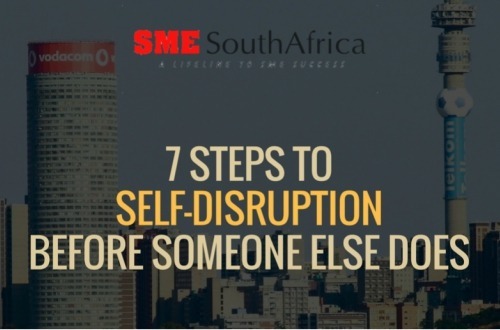 Established industries across the economic spectrum are facing the risk of disruption.
Established industries across the economic spectrum are facing the risk of disruption.
Global giants such as Uber and AirBnb, and other tech companies, have shown that those businesses that insist on ‘business-as-usual’ and traditional ways of thinking and doing business are likely to be disrupted in a significant way.
The Airbnb effect
Airbnb drastically changed an entire industry when it launched its home-sharing service in 2008. Today, the tech company is in 34,000 cities and more than 190 countries, has 2.5 million listings worldwide and in July this year, celebrated its 100 millionth guest.
The company is now evolving into a fuller service travel agency with the recent launch of Trips, a service that will provide tours, tailored activities and other experiences offering travelers an “immersive experience” within a local community.
This is expected to further push Airbnb’s already massively disruptive influence on an even bigger scale affecting more of the established, traditional businesses in the sector.
Joining the bandwagon – what disruption means for your biz
FNB recently released a white paper titled Digital Disruption – New imperatives for leadership and innovation and focusing on the new rules for leadership and the impact that innovation is likely to have.
According to the paper, the banking sector is under pressure to fully digitise and self-disrupt or risk being disrupted and left behind.
“In an era of rapid emergence of new technologies coupled with innovative business models, customers’ preferences are deeply interlocked with the use of new digital innovations. Banking and other industries are experiencing digital disruption – these threats also present opportunities for institutions with leadership willing to drive change. Strategic imperatives offer ways of leading and sustaining innovative changes at all levels,” the paper states.
The paper further states that there is good news, however, and that is that established banks are driving fintech ecosystems and in-house innovation to stay ahead.
“Innovation is an imperative for banks operating in emerging markets. The pressure of new market entrants and the billions of currently unbanked potential customers require entirely new ways of doing business. Some banks are taking an incremental, evolutionary approach, while many others are revolutionary in their radical redesign of the way they do business.”
Self-disruption is now seen as the best defense against disruption and as the wave of tech-focused startups grows even faster, lean, entrepreneurial thinking is becoming more important for you and your business.
Here are 7 steps you need to follow to make innovation the life blood of your business.






